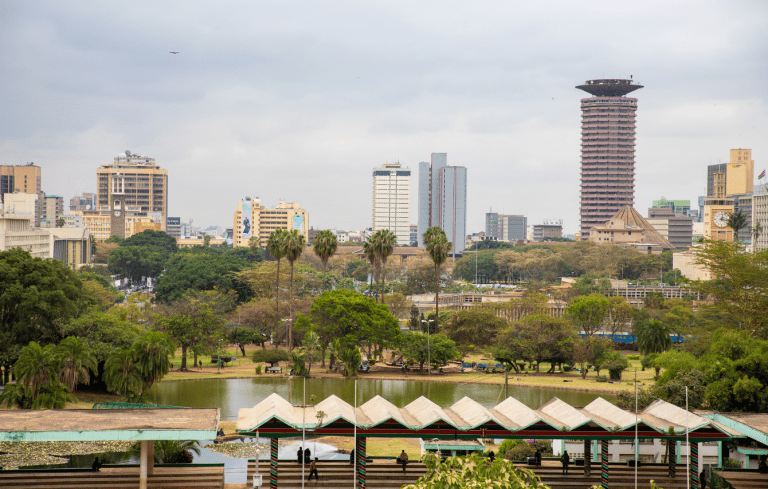The governing rules that self-managed super funds (SMSFs) must abide by include their superannuation trust deed and the applicable superannuation laws. These rules significantly impact discussions regarding benefit payments and estate planning for SMSFs. The introduction of the $1.6 million transfer balance cap (TBC) on 1 July 2017, along with the new transition to retirement income stream (TRIS) rules, brought about significant changes in this regard.
These changes were considered a significant turning point for SMSFs. As we approach the upcoming TBC changes on 1 July 2021, SMSF accountants must assess whether their trust deed requires enhancement or amendment to accommodate the new approaches and strategies that may need to be implemented.
Read the deed
The first step in reviewing your superannuation trust deed will be to read it. Trust deeds are legal documents that can be complex to read, so you may want help from an advisor.
It is likely that most deeds will not result in a breach of any superannuation laws and would provide the trustee with powers to comply with relevant tax and superannuation laws as they change over time.
The next step would be to review the deed with your own circumstances.
For example, a common scenario may be a restrictive deed that only allows the trustee to pay death benefits. Therefore, if a member of that SMSF wanted to create a binding death benefit nomination, it would be irrelevant due to the deed’s governing rules.
In any event, deeds that are clearly out of date must be amended as soon as possible.
Deeds post 1 July 2017
Post 1 July 2017, many approaches and strategies will differ from the past, and it is essential to ensure that your SMSF deed does not restrict you in any way. We note the following areas should be considered:
Paying death benefits
The $1.6 million TBC (soon to be $1.7m from 1 July 2021) restricts the amount of money that can be kept in super on the death of a member. This is crucial when a member dies, and their TBC dies with them. SMSF members should review their estate planning and further review their trust deed for the following:
- Does it allow for binding death benefit nominations (BDBN)?
- Would a cascading BDBN allowing for primary, secondary and tertiary beneficiaries be helpful if the primary nominee is not alive at the time of the member’s death?
- Do BDBNs lapse per the trust deed every three years when the legislation does not prescribe it?
- Does it consider the appropriate solution when there is a conflict between a reversionary pension and a BDBN, and which will take precedence?
Reversionary pensions
Reversionary pensions continue being paid to a dependant after her death. Under the TBC, reversionary pensions will not count towards a member’s TBC until 12 months after the original recipient’s death. The pension transfer from the deceased to the new recipient will count towards the TBC. The value of the credit to the TBC will be the value of the pension at the date of death, not the value after 12 months. This increases the complexity of reversionary pensions, prompting a review of trust deeds to consider:
- Does it allow a reversionary pension to be added to an existing pension, or are there restrictions?
- Should it automatically ensure that a pension is reversionary so that it is paid to a surviving spouse?
Pensions
The TBC also has implications for strategies in commencing pensions and making benefit payments. Trust deeds may need to be reviewed for:
- Ensuring commutations can be moved into the accumulation phase rather than being forced as lump sums from superannuation.
- Are there any specific provisions relating to the TBC? There may be value in ensuring that the deed restricts pensions from being commenced with a value greater than the TBC.
- Are there provisions which detail where commutations must be sourced from first?
- Are there restrictive pension provisions that the trustees must comply with?
Transition to retirement income streams
Tax concessions for TRISs where the recipient does not have unrestricted access to their superannuation savings (known as meeting a condition of release with a nil chasing restriction) have also been removed. Trust deeds may need to be reviewed for:
- Does the deed allow for the 10% maximum benefit payment to fall away once a nil condition of release is met?
- Does the deed deal with a TRISs character when a nil condition of release? (Does it convert into an account-based pension?)
Other areas in which some trust deeds may be silent
If your fund’s trust deed is silent on a particular area and/or does not have a “catch-all clause”, then it could be argued that the deed does not allow for it – hence a breach in the governing rules can be of risk.
Some of these areas include:
- Can the fund borrow via a Limited Recourse Borrowing Arrangement (LRBA) to gear property?
- The fund can release payment of members’ excess contributions tax and Division 293 tax.
- Whether the fund can invest in digital currencies (e.g. cryptocurrency) and derivatives (e.g. options, CFDs).
If you have any queries about your fund’s trust deed, please get in touch with us at Stanley & Williamson.
Kreston Stanley Williamson Team
*Correct as of 29 April 2021
Disclaimer – Kreston Stanley Williamson has produced this article to serve its clients and associates. The information contained in the article is of general comment only and is not intended to be advice on any particular matter. Before acting on any areas in this article, you must seek advice about your circumstances. Liability is limited by a scheme approved under professional standards legislation.














